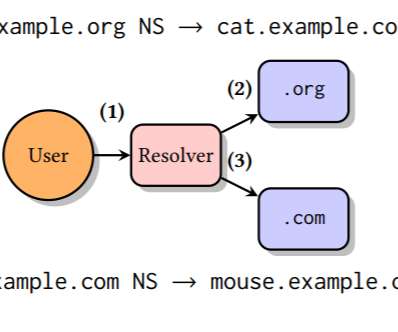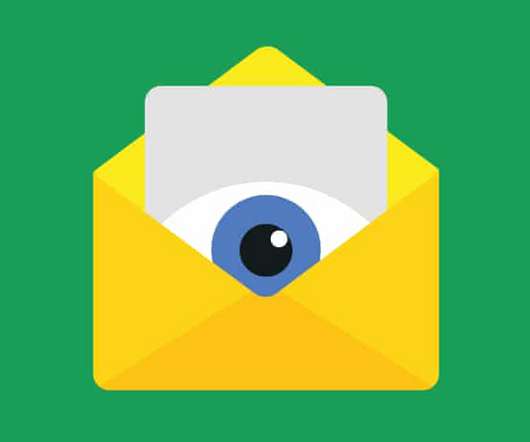TsuNAME flaw exposes DNS servers to DDoS attacks
Security Affairs
MAY 9, 2021
A flaw in some DNS resolvers, tracked as TsuNAME, can allow attackers to launch DDoS attacks against authoritative DNS servers. Researchers at SIDN Labs (the R&D team of the registry for.nl domains), InternetNZ (the registry for.nz domains), and the Information Science Institute at the University of Southern California has discovered a vulnerability, named TsuNAME, in some DNS resolvers.

















Let's personalize your content